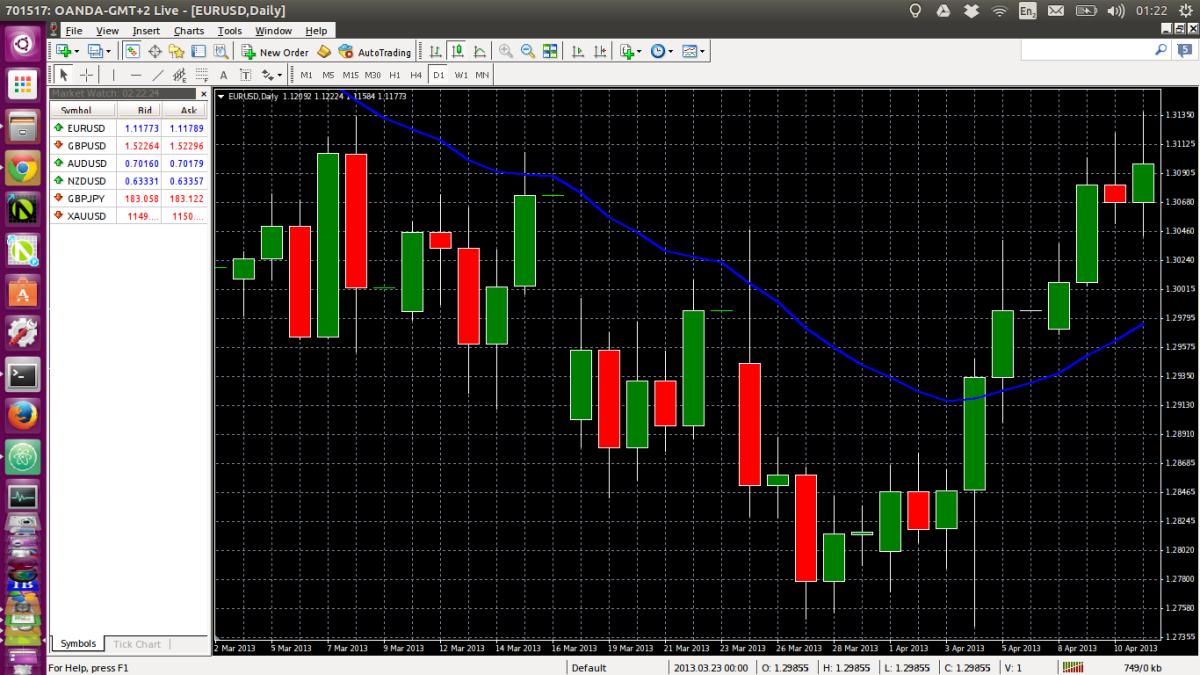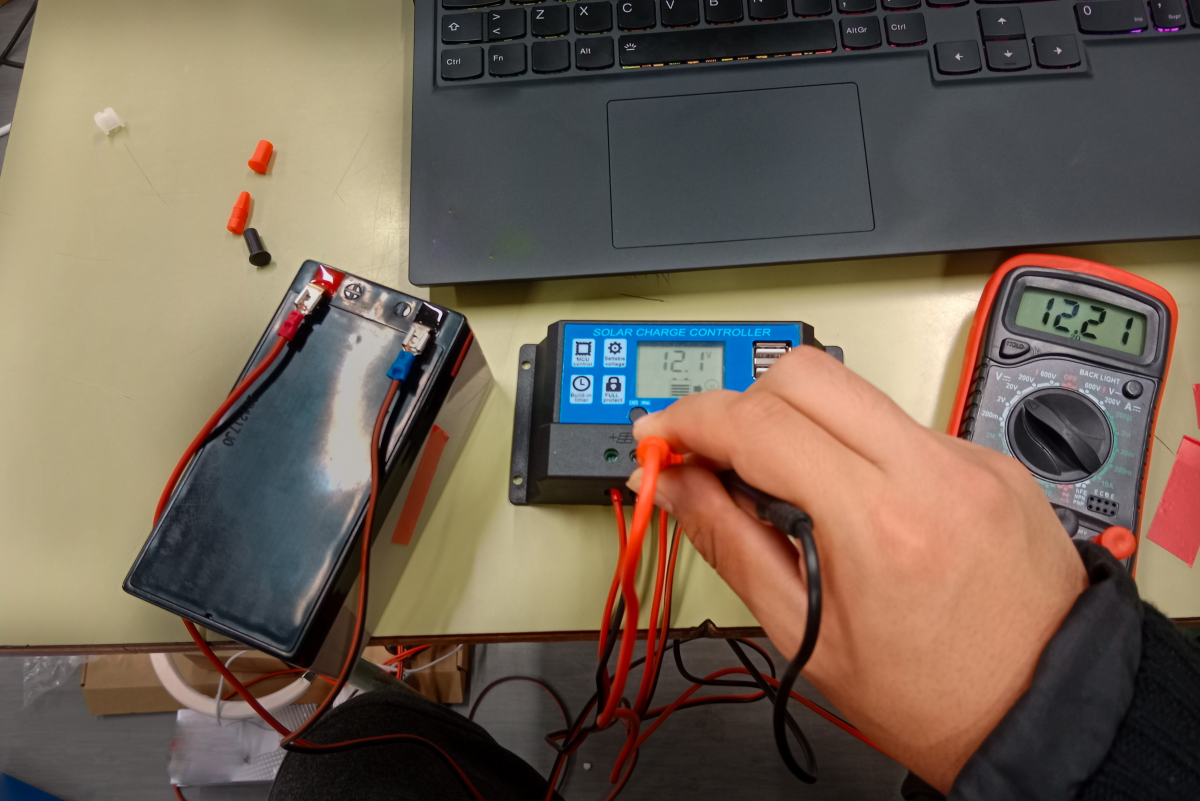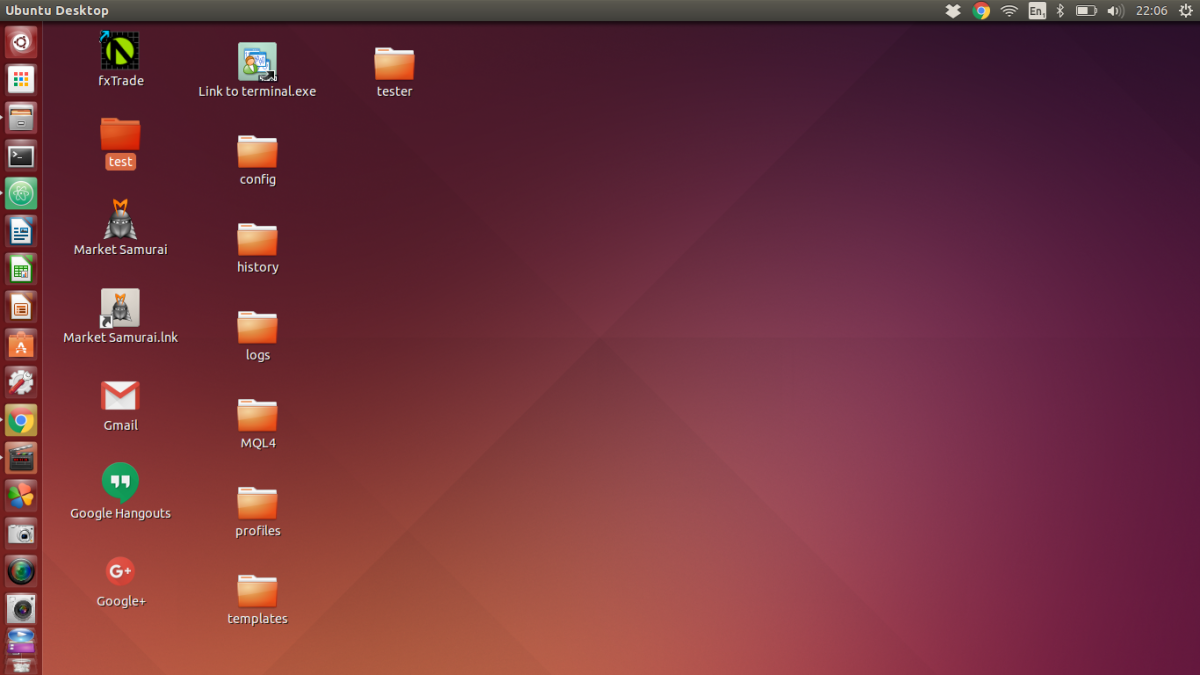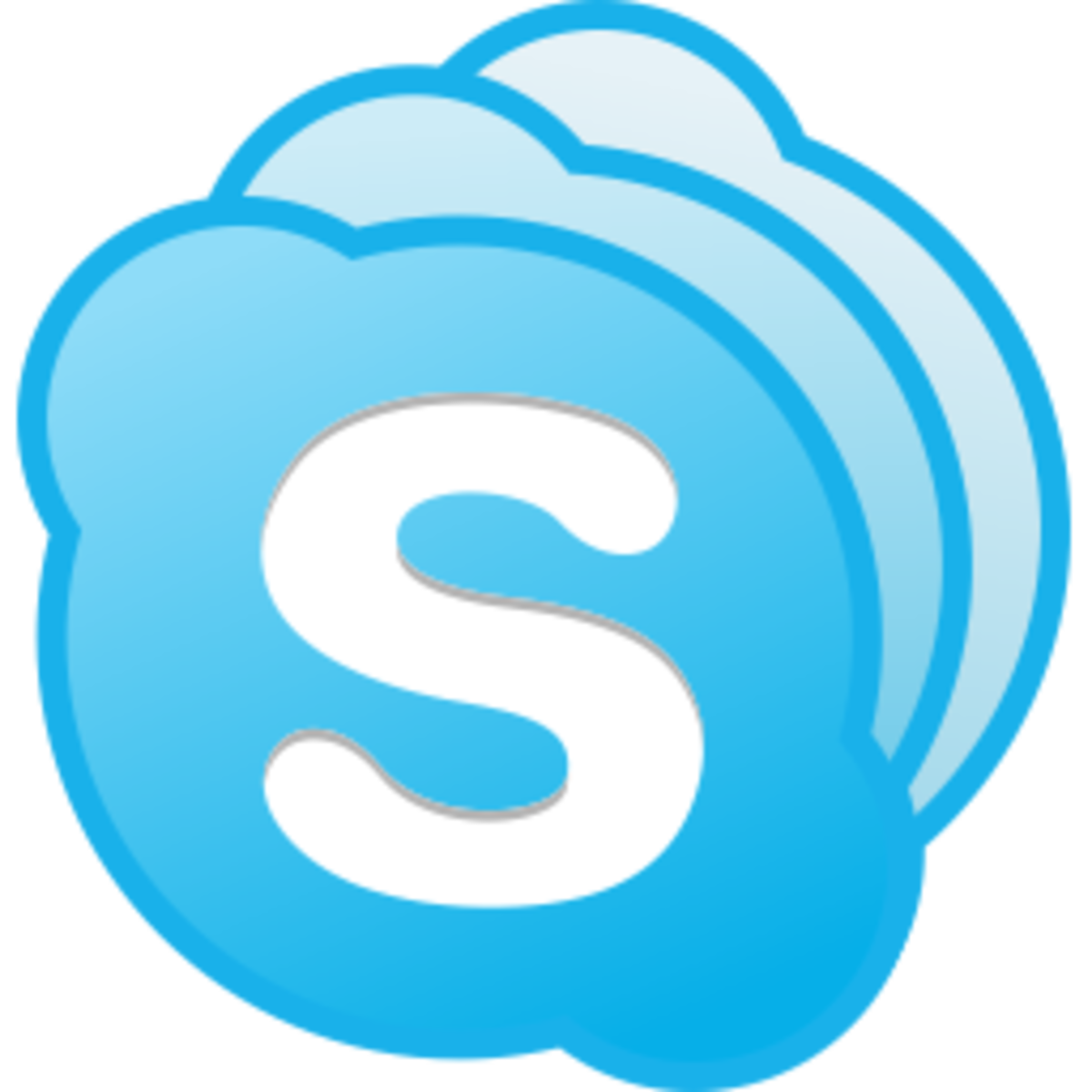- HubPages»
- Technology»
- Computers & Software»
- Operating Systems
3 Lightweight Linux Distributions That Are Perfect For Netbooks
Linux Distributions & Netbooks: A Little Background
To be honest, it's been a long road to find a Linux distribution for my little netbook. Almost 3 years. But it seems as if the search is almost over given that I use each of the three distros mentioned here.
While each of them have their advantages and downsides, one thing is for sure, they run very well on a netbook - which for the most part - is a bit stripped when it comes computing specifications.
While Ubuntu, Linux, Fedora among other distributions might come to mind more often than not, they're not ideally suited for a device like the netbook - as I found out the hard way.
But it's been one long journey of experimenting and finding the right distribution that works just right with your device.
In that sense, these three distributions have worked for me, and in reading this, I hope they do the same for you.
So, without further ado, let's cover three Linux distributions that are perfect for netbooks:
Lubuntu
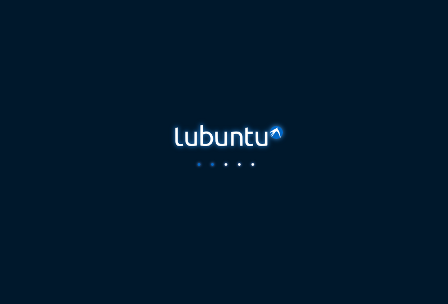
Lubuntu Distro Review
Of course, we've all heard of Ubuntu as it is the most popular Linux distribution offered by Canonical.
It is probably the easiest distribution to use for beginners until you begin to move towards more difficult ones like Arch Linux and Porteus and so on and so forth.
Lubuntu is a lightweight version of Ubuntu and is best suited for netbooks. Of course, the applications are much lesser in number but you can still find a number of applications that are available in Ubuntu and install them for your use.
The installation is very simple! Just download the latest ISO from here and run Unetbootin on Windows or another Linux distribution in order to install it to a flash drive. As for the size, it amounts to about 700 MB which is pretty large for a lightweight distro but it still works well.
Once this is done, you can run Lubuntu by booting your system with the bootable USB drive instead of your hard drive. You'll have to hit a function key in order to change that option - it differs from system to system.
(My Dell Inspiron 1013 uses the F12 key to display the Boot Menu. From which, I usually select USB and hit 'Enter'.)
Of course, once you've done this successfully at startup, you're basically running a LIVE version of Lubuntu. The next step is to install it on your hard disk in order to make use of the full functionality that Lubuntu offers.
For this, as soon as you run a LIVE version, you'll find an icon on the top left-hand part of your screen which when clicked will help you install Lubuntu from start to finish.
After that, you can customize your system as you like. There's no need for the use of the command line interface as in some Linux distributions and not very different in the way you install applications in Windows. Just make sure you know whether your system has 32 or 64-bit architecture. Most of the older computers used 32-bit.
In other words, it's very simple to install and use thereafter. You can find the latet Lubuntu distribution here.
Porteus
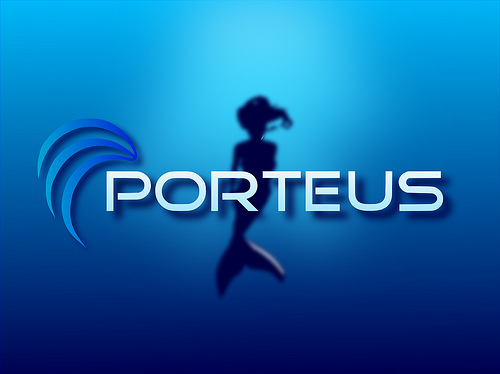
Porteus Distro Review
Given that I have run a number lightweight and heavier distributions in the past, this one along with the one made by the United States Department of Defense (Linux Portable Security) are among the best I've used.
While it is easy to install the latter on a flash drive, a Porteus installation can be a bit difficult as it requires you to understand the Linux file system a bit.
In other words, you will have to use the Linux Terminal (Shortcut key: Ctrl+Alt+T to open). This one is going to be a favorite of mine for a long time to come given that it not only offers all the conventional applications that you find in larger distributions but you can build the distro from the ground up.
(Of course, it's not to be expected of beginners to try this distro immediately. But it is worth mentioning in this post as it has much to offer.)
This is done by picking the various applications before you download the ISO file and on which the size of the file differs. The size is roughly about 300 MB or so depending on what you pick.
In my case, I tried switching to Opera and Firefox instead of Chromium as well as a lighter desktop environment. It definitely mattered and which is why I bothered to add this distribution to this list.
Unlike Lubuntu, where you have to install it on your hard drive, this one does not need any further installation and you can use it off the flash drive on which you installed it.
Of the three that I have, this one has features that somehow eclipses the other two. Puppy is a bit retro in terms of GUI while Lubuntu requires you to install it on your hard disk - something I really didn't want to do.
That said, you can find instructions at this link that you will have to follow if you want to download this Porteus distribution and use it for your work. Just remember that you have to pick the 32-bit version if you are using an older system.
Puppy Linux
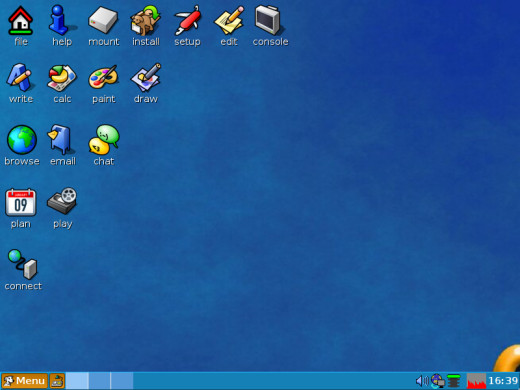
Puppy Linux Distro Review
If there's one word to describe Puppy Linux, 'petit' comes to mind. It's tiny, in terms of download size but packs a solid punch when it comes to the number of applications that it has on offer for the user.
Whether you need Office software, a decent browser or two or even a host of other programs that can help you burn discs among others, Puppy has it all. Yes, we're talking about graphics programs, mail and chat clients and so on and so forth.
Yet what is most remarkable is the ability to pack it all within about 200 MB. Best part: it literally runs like a supercomputer especially when you install it on a flash drive.
Speaking of an installation on a flash drive, you can use BootFlash or even UnetBootin for older versions of the distribution. For the former, you'll have to be using Puppy Linux already while for the latter, you can install it using another Linux distribution like Ubuntu or even Windows.
Quite interestingly, all your settings are saved while the capability of saving file on the bootable flash drive that you created is also possible. In my case, my settings and data is in a file on my hard drive. It's amazing, to say the very least.
All you have to do is visit the Puppy Linux site at this link. You can also find Installation instructions here.
One last thing: while you can run this distribution from a flash drive, there's also an option known as 'frugal install' that will allow you to install the operating system on your hard disk.
That said, once you run this distro on a flash drive, you'll find that there's hardly any use for that.
Other Common Linux Distributions To Consider
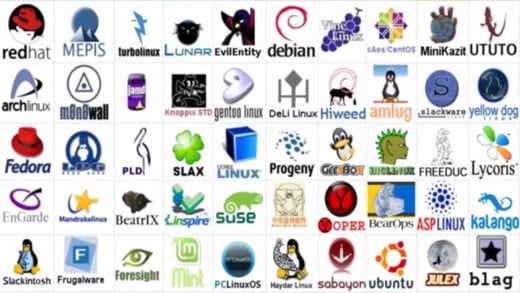
Closing Thoughts
As mentioned earlier, given that Porteus is not only lightweight but offers a number of applications that turns out to be more useful than not, this one is my favorite of the three.
That's not to say that the other two aren't useful. They're just not that useful in terms what I need.
But still, your needs might differ from mine as well as your understanding of the installation and use of Linux distributions. Hence, I have mentioned the other two here as well.
There's nothing wrong having another one of these distros installed just in case something happens to the flash drive which contains the favorite distribution of your choice.
That said, even if there are a number of Linux distributions for netbooks, there are the three that I've settled with - and won't be switching away from - not until I get a new device. That won't be necessary for at least a few more years!

